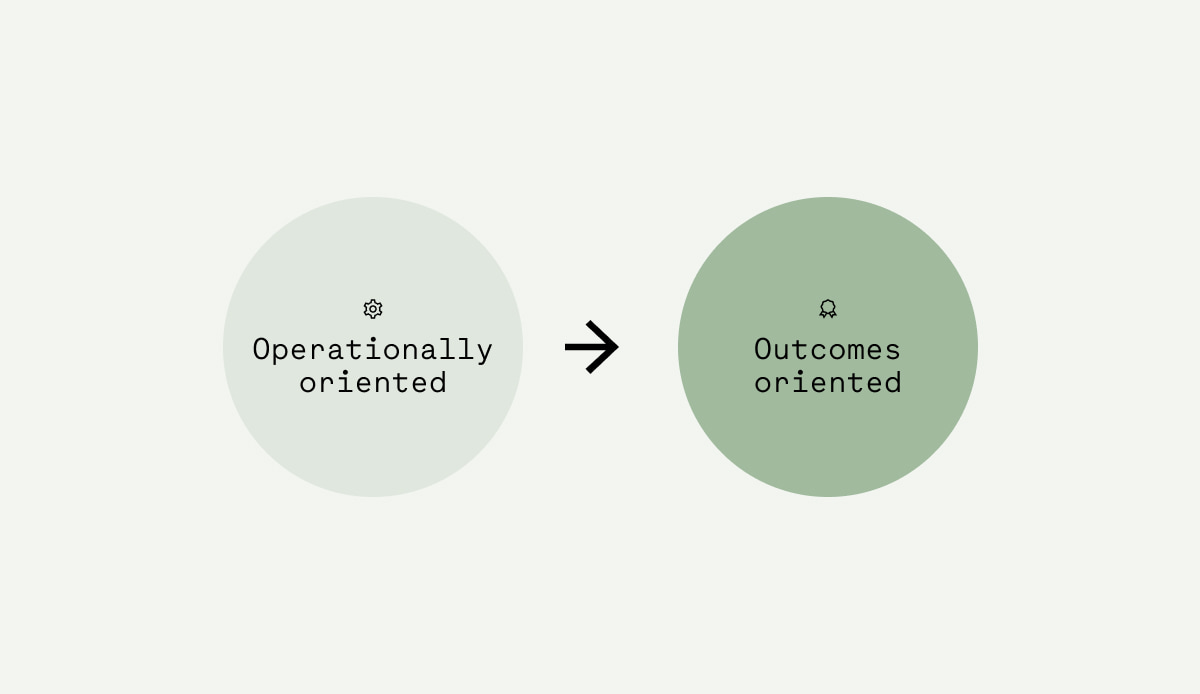

The forgotten factor: why the ‘S’ in ESG matters more than you realise
by Sasha Dichter, co-founder & CEO of 60 Decibels. This piece was originally published in Business Leader for their ESG month series.
ESG (Environmental, Social and Governance) is quickly becoming accepted practice for leading companies and investors to report on. However, the rush to report has moved faster than the development of shared minimum standards for ESG practices. As the dust begins to settle, it’s clear that the ‘S’ in ESG is often misunderstood or overlooked. Yet, if ESG is meant to represent companies’ impacts on “people and planet,” missing out on S is literally omitting half of the story.
Current reporting allows companies to handpick facets of their own internal ‘S’
Measuring the “S” in ESG requires data that is standardised and comparable across companies. Several organisations, such as the Sustainability Accounting Standards Board (SASB) and the Global Reporting Initiative (GRI), have developed frameworks for standardised social reporting. The SASB has industry-specific standards, each outlining disclosure topics that are likely to be material for a given industry. This specificity allows companies to focus on the most relevant ESG issues to their business and allows investors to compare companies within the same industry. The GRI provides a broader set of reporting guidelines that emphasises the importance of stakeholder engagement, encouraging companies to report on their sustainability practices in a transparent and comprehensive manner.
Today’s reality is that ‘S’ reporting is typically limited to superficial data like employee demographics or gender; or, when it goes deeper, is reported without any actual information gathered directly from the affected population (e.g. employees, suppliers).
What’s missed are the material social impacts created by companies: things like actual labour practices in company supply chains (as opposed to the policy); whether hourly workers are paid a living wage; if employees experience a safe or an exploitative working environment; and, perhaps most important, how products themselves positively affect customers and society. Not only do GRI and SASB frameworks shy away from these tough questions, but adhering to the standards that do exist is voluntary.
Companies that ignore these factors are meeting a rising tide of regulatory and consumer pushback, factors that will directly impact brands, reputation and the bottom line. From the challenges of maintaining a sustainable supply chain, to the increasing scrutiny of companies’ impacts on communities, brands’ success will increasingly be affected by taking the ‘S’ seriously. According to a recent McKinsey study, employees, customers, and investors are increasingly supporting companies that act in the best interest of society. Companies with labour violations in their supply chains or who mistreat their hourly workers are facing growing legal, financial, and reputational risks.
The Two Things Needed to Make Progress on measuring the ‘S’ in ESG
A survey by BNP Paribas reported that 51% of investors surveyed find the “S” the most challenging factor to analyse and embed in their investment strategies. The report highlighted the “acute lack of standardisation around social metrics.” Consequently, investors have been willing to accept data that does little to actually assess the social performance of companies they invest in.
Two things are needed to make progress:
- First, a recognition of what the ‘S’ truly encompasses. This implies an acknowledgement that watered down demographic metrics or reporting out on workplace policies is simply not enough.
- Second, business leaders need reliable data. Data should be regularly collected and allow for comparisons between companies to identify good, better and best performance.
While measuring social impact is inherently complex, there has been significant progress in recent years, progress that can help leading companies get ahead of this important topic and distinguish themselves from their peers.
Why Making Real Progress Requires Reliable Data and Not Just Anecdotal-Centered Impact Reports
At 60 Decibels we’ve developed a unique method for social impact measurement called Lean Data, which bridges the gap between what is reported and what is happening on the ground. Lean Data surveys generate comparable data and have high response rates, enabling businesses and investors to gather quantifiable insights into the impact of their operations on the people and communities they serve, without the usual time, cost, and complexity.
Some companies are leading the way in incorporating reliable impact data into the core of their operations. Primark for example, recently measured the social impact of its part of its operations in Bangladesh. The surveys asked workers about their experiences with the company, including wages, working conditions, and overall job satisfaction. The survey results showed 89% of workers reported feeling satisfied with their job, and 90% reported feeling proud to work for the company – helping Primark to understand the positive impact it was having on its employees as well as identifying any room for improvement.
Today’s businesses can no longer afford to ignore the social dimension of their operations. The ‘S’ in ESG is not just a feel-good metric – it’s a critical factor in driving long-term business success. By owning their social impact, businesses can build stronger partnerships with stakeholders, mitigate risks, and position themselves for long-term success.
